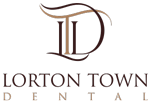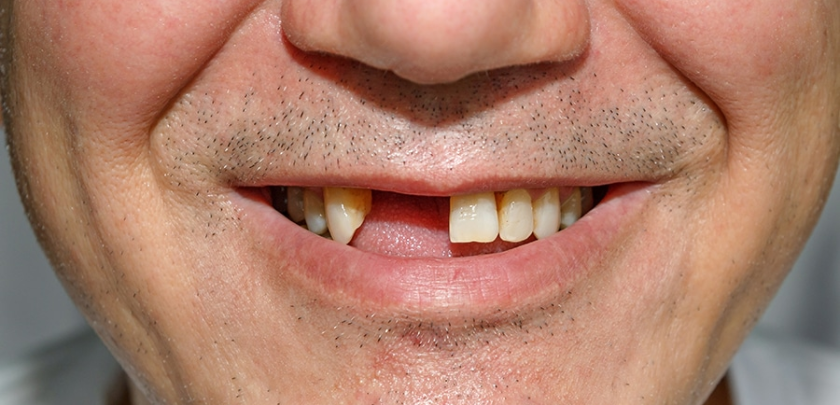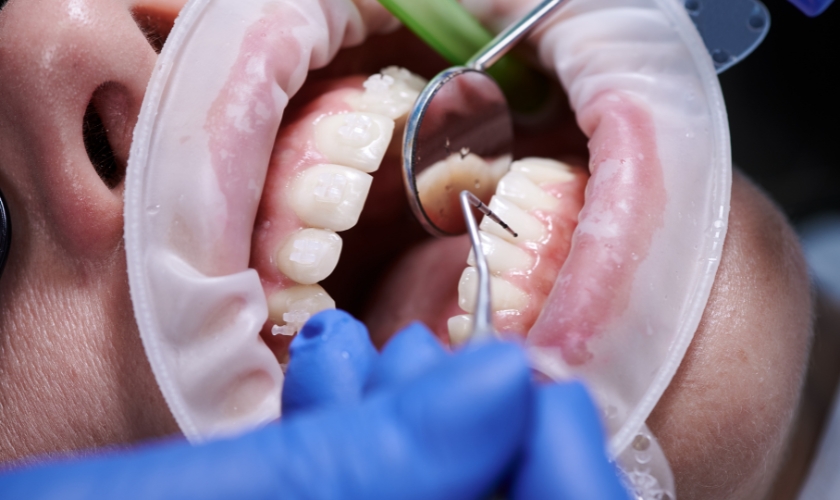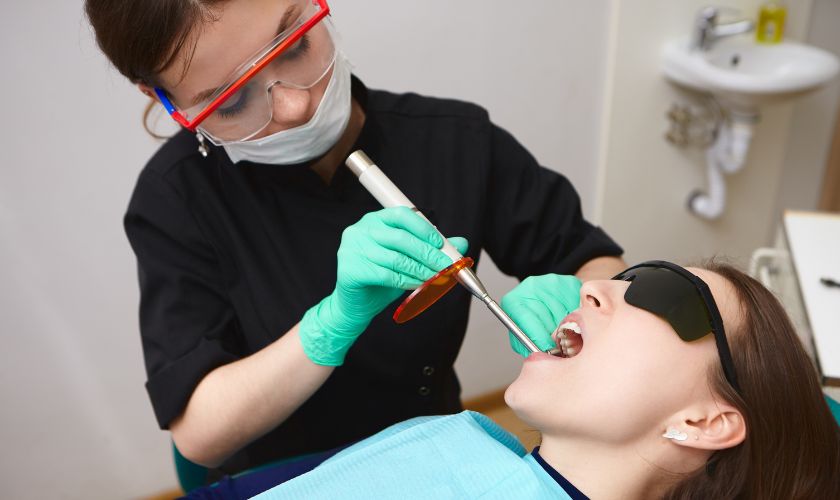(703) 372-5665
Which is Better Laser or Traditional Dentistry?
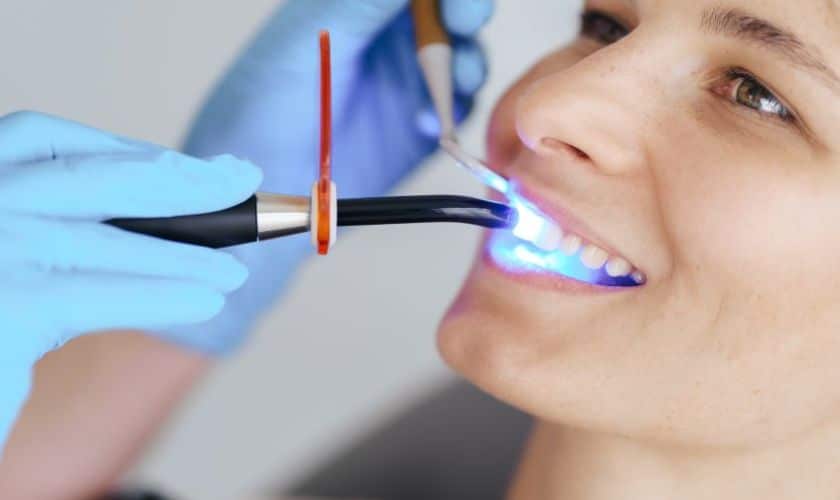
Which is Better Laser or Traditional Dentistry?
Dentistry is vital to healthcare and can significantly impact your overall well-being. Laser dentistry has grown in popularity over recent years due to its ability to remove decay with greater precision, deliver less post-op discomfort, and be less invasive than traditional dentistry treatments. But which one is better: Laser Dentistry or Traditional Dentistry? This article will examine the pros and cons of Laser vs. Traditional dentistry to help you make an informed decision about your dental care.
Laser dentistry is a branch that uses lasers for hard and soft tissue treatments. Laser dentists use special dental lasers to perform many types of dental procedures. Laser dentists are trained to treat adults and children using lasers, depending on the procedure performed. Laser dentistry can be used for various treatments, including fillings, sealants, whitening, root canals, gum reshaping, and more. Laser dentistry often provides faster healing times with less discomfort than traditional dentistry due to its ability to target specific areas of the mouth with greater precision.
Pros of Laser Dentistry:
Laser dentistry has several advantages over traditional dentistry, making it an attractive choice for patients. Laser dentists can treat hard and soft tissue without anesthesia, meaning less pain and faster healing times than traditional procedures. Laser dentistry can also be used for a wider range of procedures, from whitening to restorations. Laser dentists may also be able to perform more precise work than traditional dentists because the laser can target specific areas with greater accuracy. Laser dentistry is typically less invasive and has been shown to cause less bleeding and swelling than traditional techniques.
Cons of Laser Dentistry:
Laser dentistry is not without its drawbacks. Laser dentists are more expensive than traditional dentists because they use specialized equipment and have additional training in lasers. Laser dentistry can also be limited to certain areas of the mouth due to the laser’s inability to penetrate deeper tissues. In addition, some procedures may not be suitable for Laser dentistry because the Laser cannot penetrate certain areas of the mouth.
Pros of Traditional Dentistry:
Traditional dentistry has been around for centuries and is still widely used today. Traditional dentists have a range of techniques at their disposal to treat hard and soft tissue issues. These techniques are often more cost-effective than Laser dentistry and offer more flexibility in treatment options. Traditional dentists may also be better able to treat deeper tissues with hand-held instruments.
Cons of Traditional Dentistry:
Traditional dentistry also has some drawbacks, including potential discomfort or pain during treatment and longer healing times than Laser dentistry. Traditional techniques may also be less precise than Laser dentistry, which can lead to greater tissue damage. Traditional dentists may also not have the same level of specialization as Laser dentists, meaning they may not be able to offer as wide a range of treatments.
Conclusion:
Laser and traditional dentistry have pros and cons that must be considered when deciding which type of dentistry is right for you. Laser dentistry can be faster and more precise than traditional techniques, but Laser dentists are often more expensive and may not be able to treat deeper tissue levels. Traditional dentists have a greater range of treatment options, but their techniques can cause more discomfort and longer healing times. Ultimately, it is up to the patient to decide which type of dentistry best meets their needs.
FAQs:
Q: What are the benefits of Laser dentistry?
A: Laser dentistry can treat hard and soft tissue without anesthesia, meaning less pain and faster healing times than traditional procedures. Laser dentistry can also be used for a wider range of procedures, and Laser dentists may be able to perform more precise work than traditional dentists.
Q: Are Laser dentistry procedures more expensive?
A: Yes, Laser dentistry procedures tend to be more expensive due to the specialized equipment and additional training required by Laser dentists.
Q: Are Laser dentistry procedures more precise than traditional techniques?
A: Laser dentists may be able to perform more precise work than traditional dentists because the Laser can target specific areas with greater accuracy. Laser dentistry is typically less invasive and has been shown to cause less bleeding and swelling than traditional techniques.
Q: What are the drawbacks of traditional dentistry?
A: Traditional dentistry has some drawbacks, including potential discomfort or pain during treatment and longer healing times than Laser dentistry. Traditional techniques may also be less precise than Laser dentistry, which can lead to greater tissue damage. Traditional dentists may also not have the same level of specialization as Laser dentists, meaning they may not be able to offer as wide a range of treatments.
